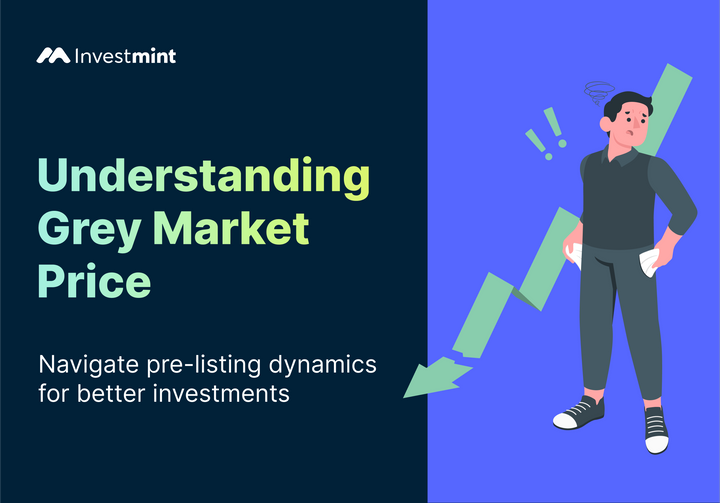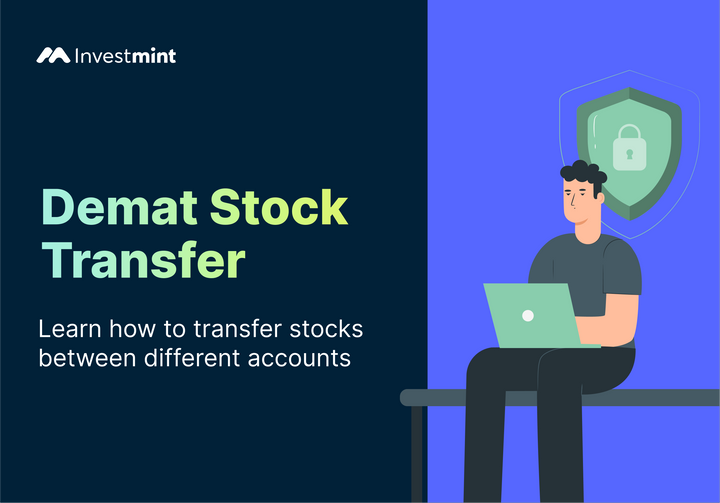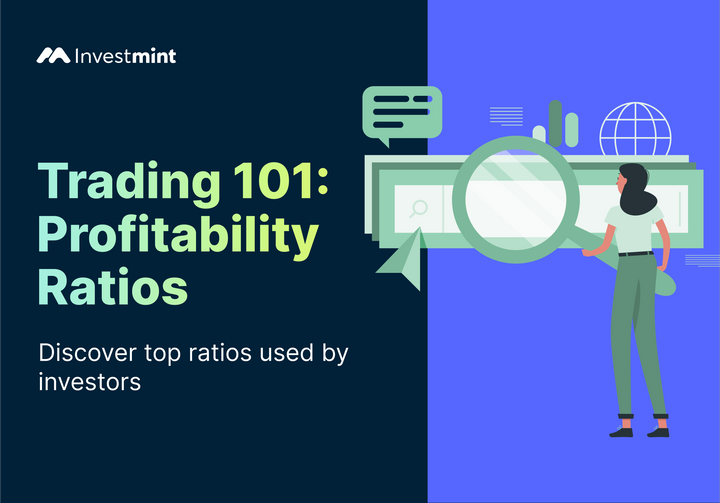What Is The Difference Between Demat Account And Trading Account?
Demat account and trading account are essential to start trading in the Indian stock markets. Learn their use and differences with this read.

Introduction
If you are dreaming of becoming a master trader one day, your first priority should be to open a Demat account and trading account. Why? Unlike before, where you would have bought and sold physical shares, today, you need to have these accounts to trade and earn money.
Were you aware of that fact? If not, then these statistics will blow your mind.
In FY23, 23 million Demat accounts were opened by individuals entering the trading world. So, if you still don’t have a Demat account, you are already one step behind!
You can keep yourself updated and running with this article, where we will answer many burning questions, such as what is a Demat account, how to open a trading account, how to open a Demat account and much more.
What Is A Demat Account?
Demat account is the short form “Dematerialized account”, a digital account used for trading securities in the stock market.
A Demat account is like a secure storage space that enables investors to hold various types of securities, such as shares, debentures, mutual fund units, government bonds, and exchange-traded funds, in a centralised digital format.
Why Do You Need A Demat Account?
In short, the rules and regulations of India are such that you can only trade in the stock market with a valid Demat account.
- Demat account is easy to use and operate as it eliminates the hassles of trading in physical share certificates and other paper-based documents.
- Demat accounts provide incredible security to trading activities while removing the worry of physical damage to documents of trading transactions.
- With a Demat account, the process of settling trades becomes faster and more efficient.
- Demat account provides a bird’s eye view of all your securities in one place, making management of all your trades much easier.
- Once you open a Demat account, you can invest in a wide range of financial instruments, like equities, mutual funds, exchange-traded funds (ETFs), government bonds, etc.
- Demat account holders receive various incomes like dividends, bonuses, and rights issues directly into their accounts.
What is a Trading Account?
A trading account is an individual's or investor's account with a brokerage firm or financial institution. This account lets Demat account holders trade stocks, bonds, mutual funds, options, and other financial instruments in the financial markets.
Why Do You Need A Trading Account?
- A trading account is mandatory by law to gain access to financial markets, such as the stock market.
- A trading account helps to build a diversified investment portfolio.
- It allows you to execute trades whenever you want during market hours.
- You can use various trading strategies to generate income with a trading account. For instance, you may start day trading, swing trading, or options trading to seek short-term profits.
- Trading accounts are convenient as they are accessible via mobile phones. Moreover, nobody does paper trading in this digital era, so having an online trading account is essential.
Demat Account vs Trading Account
Generally, a Demat account is primarily for holding and storing securities electronically, while a Trading account is for actively buying and selling securities in financial markets. Some other differences between a Demat account and a trading account are listed below:
How To Open A Trading Account Without A Demat Account?
A Demat account is a mandatory prerequisite in order to trade securities. So, it is usually not possible to open a trading account without a Demat account.
Still, there are 3 scenarios where you can have a trading account without a Demat account:
- Commodity Trading Account - used when you want to trade in commodities like gold, silver, crude oil, etc.
- Currency Trading Account - used for trading currencies in the Forex market.
- Intraday Equity Trading - In some countries, you can participate in day trading using a trading account without having a Demat account.
How To Open A Demat Account Without A Trading Account?
Unlike the above scenario, it is possible to open a Demat account without a trading account. Here are the steps to follow:
- Select a Depository Participant who is registered to offer Demat account services. Every bank in your city can help you do that.
- Obtain the Demat account application form. You can either download it from their website or visit their office to collect a physical copy.
- Enter the details such as your name, address, contact information, PAN (Permanent Account Number), and other required information.
- Provide Aadhar cards, passports, voter IDs and driver's licenses, utility bills, bank statements, and passport-sized photographs as required.
- Ensure you pay any required fees, including account opening fees and annual maintenance fees (AMCs).
Once your application is processed and approved, you will receive your Demat account details, including the Demat account number.
Fees & Charges
The Demat account charges and trading account charges to open and maintain a trading and Demat account varies from one account provider to the next:
- Account Opening Charges - A one-time fee while opening your account that can range from Rs.500 to Rs. 1000
- Annual Maintenance Charges (AMC) - This is an annual fee to maintain your trading account, which may be charged annually or quarterly.
- Brokerage Commission - A charge imposed to trade in the stock market.
Besides these 3 main charges, you can incur Dematerialization Charges, Securities Transaction Tax (STT), Goods and Services Tax (GST), Transaction Charges, Call and Trade Charges, Margin Funding Charges, etc.
FAQs
Q. Is a Demat account necessary for trading?
Yes, a Demat account is essential for settling trades in certain securities like stocks and mutual funds.
Q. Can I use one account for both Demat and Trading purposes?
Some financial institutions offer combined Demat and Trading accounts for seamless trading and investment needs.
Q. Which account is suitable for short-term trading?
A trading account is suitable for short-term trading, as it enables quick buying and selling of securities.
Q. What do I need to open a Trading account?
To open a Trading account, you need to provide identity and address proof documents, along with a bank account for fund transfers.
Want to receive the next blog in your mail? Click on the subscribe button and receive the next blog in your mail.



